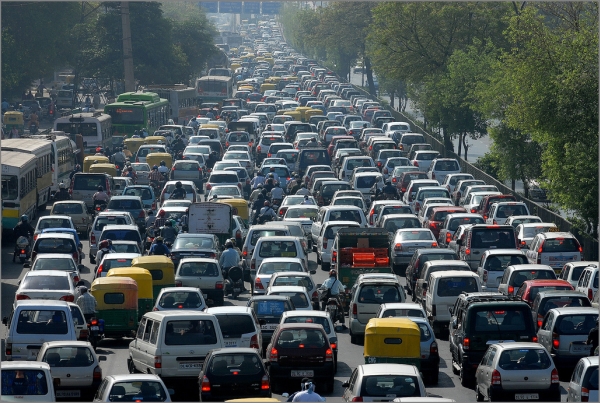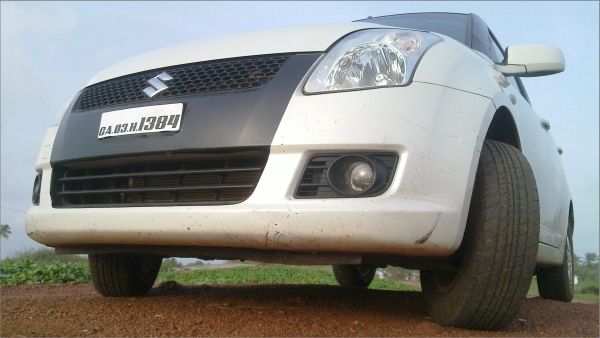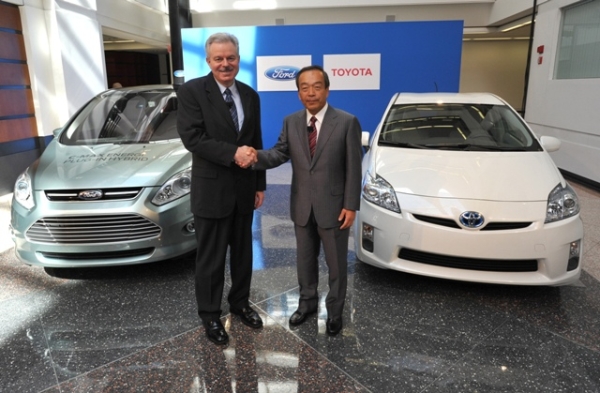 Increasing pressure from rising costs, carmakers such as General Motors India, Hyundai, Ford & Maruti Suzuki are have announced a price increase from January.
Increasing pressure from rising costs, carmakers such as General Motors India, Hyundai, Ford & Maruti Suzuki are have announced a price increase from January.
Chevrolet will also increase prices for the diesel variant of the Beat hatchback by Rs 15,000, since the current pricing was kept on an introductory basis after the launch in July this year. The company also plans to increase prices of other cars in the range of 1-2 per cent.
“We are increasing prices in the range of 1-2 per cent. The price increase has been evaluated on the basis of various factors such as currency fluctuation, higher commodity prices and a rise in transportation costs,” Mr P. Balendran, Vice President, General Motors India, said.
Hyundai cited similar reasons as well. “All these factors have now made it very difficult for us to absorb the rising costs. The price increase will come into effect in January 2012. We are in the process of working out the specific increase on the various models. Broadly the increase will be 1.5 to 2 per cent across all models,” said Mr Arvind Saxena, Director Marketing and Sales, Hyundai Motor India.
Car maker Ford India will raise prices of its entire range of models by up to 3 per cent from next month on rising input costs and devaluation of rupee.
“For the last three months, the rupee devaluation is happening. The rising input costs are also hurting us. We have now decided to increase the prices of all our products by 2-3 per cent,” the Ford India Executive Director (Marketing, Sales and Service), Mr Nigel Wark, said. Ford will hike the prices of its models from January 1, 2012.
India’s largest car maker Maruti Suzuki is also considering an increase in prices of its products from January next year to offset the impact of rupee depreciation.
“Considering the amount of pressure that we are having on our margins due to currency fluctuations, we have to do something. We are looking at a price hike in January,” Maruti Suzuki India (MSI) Managing Executive Officer (Marketing and Sales) Mayank Pareek said.
MSI Chairman R C Bhargava said: “The impact of the declining rupee and strengthening yen is that any import which is yen denominated becomes very expensive for us.”
Recently Maruti Suzuki hiked prices of its diesel cars by up to Rs. 10,000 on account of higher input costs and appreciation of the Japanese yen. It raised the prices of diesel versions of compact cars Ritz and Swift and sedans DZiRE and SX4.



